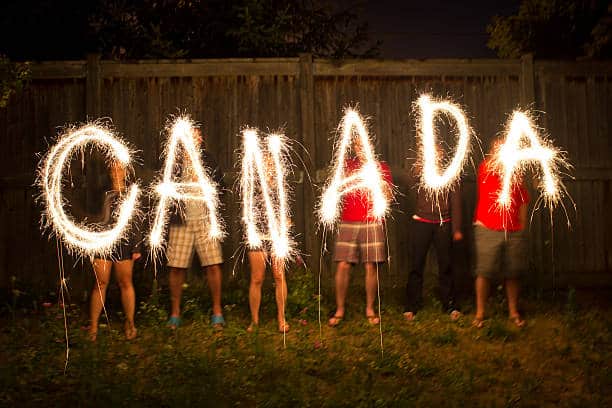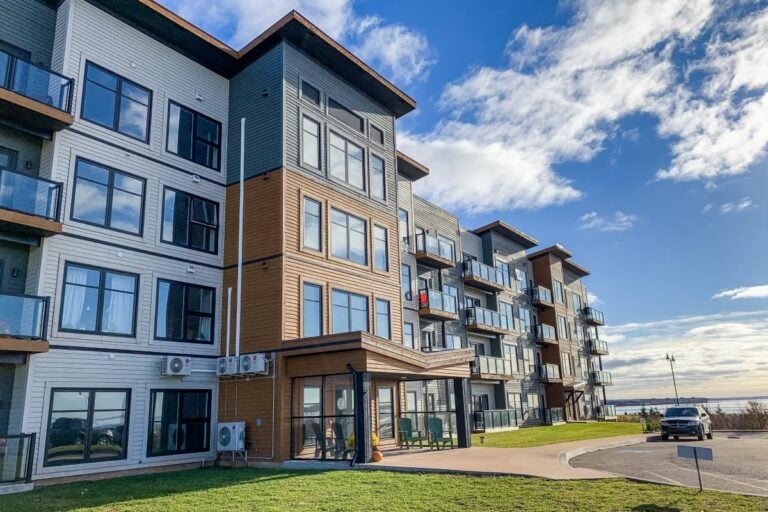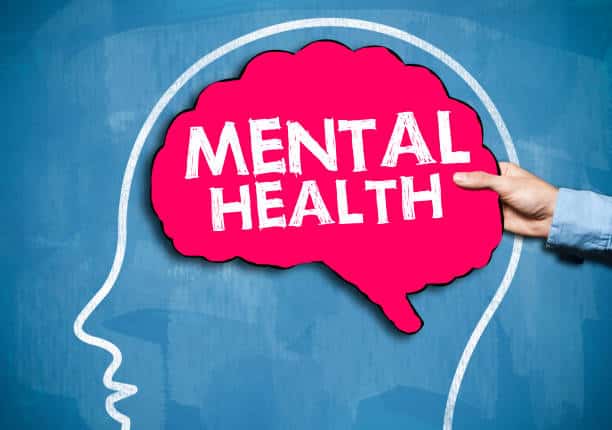Where can I learn more about Canada?
When you are going through the application process, Canada can seem like a dream. But it is a real place with a rich and varied history and a vast landscape that ranges from beaches to wide-open prairies. Canada has a very high standard of living, a strong democratic government and a culture of welcoming immigrants, refugees and asylum seekers.
Online Guides
One of the best overall online guides to Canada is “The Canada Guide”. Here you will find information on everything from symbols (such as the flag) to how the government works. There is also information on Canadian geography and culture as well as history. Another excellent resource is an online booklet produced by the Citizenship and Immigration Canada, “Welcome to Canada: What You Should Know”. This guide discusses information such as what to do when you first arrive in Canada, the laws and justice system, employment and education, as well as housing and finances. Sites such as “Canadian Immigrant” also provide helpful and current information on resettling in Canada, although they are geared more toward economic immigrants.
Geography and Weather
Canada is made up of 10 different Provinces and Territories, with its capital, Ottawa, located in the Province of Ontario. The three largest cities in Canada are Toronto (Ontario), Montréal (Quebec) and Vancouver (British Columbia). The total population of these cities is over 10 million people (almost one-third of the Canadian population). The weather varies greatly across Canada, from cold, snowy winters to hot, humid summers. Canadian winters are very beautiful when you have the right jacket, hat, boots and gloves, all of which your settlement team will help you locate after you arrive. For more information on the geography of Canada, check the Atlas of Canada. If you’d like to see the local weather forecast for the city where you’ll be living, have a look at the Canadian government’s weather site.
Indigenous History
Canada has a complex history as a settler colonial nation. Its original inhabitants were the Indigenous peoples, whose descendants still play an important role in Canada today. The Canadian constitution recognizes three groups of Indigenous peoples: First Nations, Inuit (the Indigenous peoples of the Arctic) and Métis (people of mixed Indigenous and European ancestry). Because all of us are newcomers to Turtle Island (the Indigenous name for North America), it is important that we learn about and recognize the significance of Indigenous people and perspectives to this land. Some good places to start are Four Directions Teachings, Groundwork for Change, and Facing History and Ourselves.
Canadian News
Finally, a good way to learn about Canada is by keeping up with the news. The CBC, or Canadian Broadcasting Corporation, is the country’s taxpayer-funded, government-run media corporation and provides a variety of free radio and television services to Canadians across the country. News websites such as O Canada, CTV News, and Global News provide the latest up-to-date national news as well as local stories.






